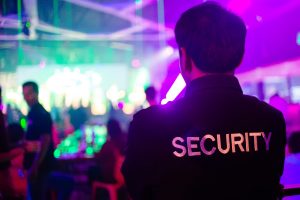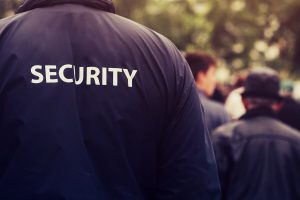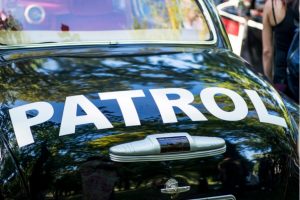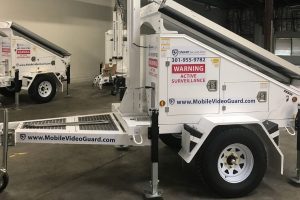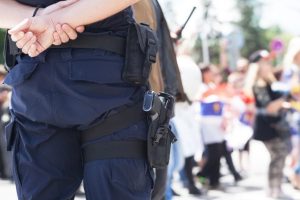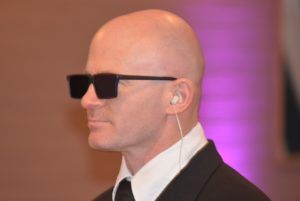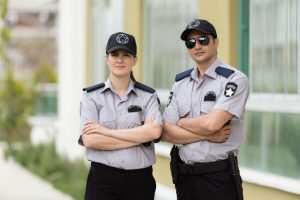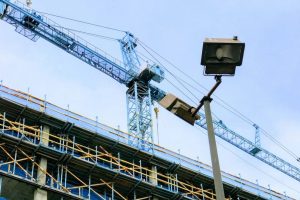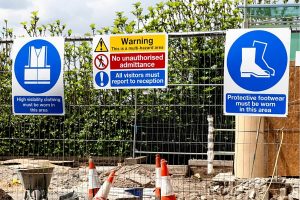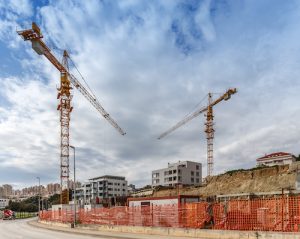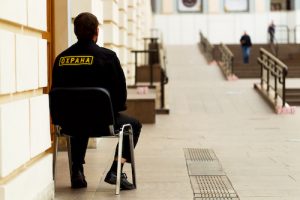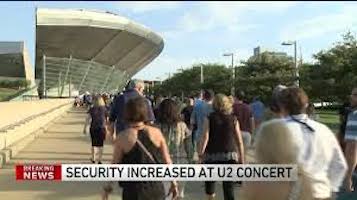
Many of us spend days or weeks looking forward to special events like music festivals, county fairs, or outdoor concerts. It is easy to forget the amount of detailed planning that goes into making an event both memorable and safe. Large events, while fun and exciting, can also be rich targets for thefts, vandalism, or personal harm. This is where event security comes into play and is critical. In a recent New York Times article, Michael Downing, a former deputy chief of the Los Angeles Police Department, noted that attacks on music venues and public events in recent years have “demonstrated the need for further surveillance technology to monitor public spaces.”
While safety features like sophisticated surveillance, screening technology, and adequate lighting are obvious top security choices, not all event operators can afford all the additional costs associated with event security. Event planners have to ask themselves how they can maintain the excitement appeal of a large event while also operating under safety precautions. Pre-thinking potential risks and threats to your event should not be undervalued, but first you must determine what your specific risks are.
The following are a few key event security 101 categories, proposed in Planning and Managing Security for Major Special Events by the US Department of Justice, which will provide a useful guide to planning your next event:
-
Prevent Harm to People
To prevent harm to people at an event, you first need to know who you are protecting. You can start by considering the primary demographic your event caters to to better determine their needs. For example, if young adults are your primary event goers, the set of risks on hand might be very different than if you plan to attract mainly senior citizens. Ask yourself how the unique terrain and weather surrounding your event might compound these risks.
If families might attend the event, consider how to track important or missing persons. At any event attended by children, there is the potential for them to become separated from their parents. Using monitored surveillance cameras can make identifying a person in a crowd much easier, as professional security agents can be informed of the missing person’s description and video cameras can be actively monitored for any sight of the person.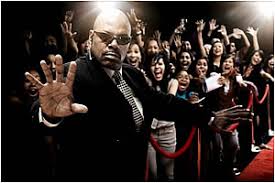
-
Protect Property from Damage
At festivals, fairs, or concerts, the potential for property damage is high. Whether it is personal property damage incurred by event goers, or damage to the premises, catching a culprit in a crowd can prove challenging. Events often purchase a general liability policy to protect against damages, however organizing your event security so that damages can be noticed and recorded can make recovering losses much easier. Consider how you might set up in person or video monitored surveillance systems to record areas with a high threat potential. In Planning and Managing Security for Major Special Events, the Justice Department notes that many law enforcement agencies position both video cameras and live security guards at high vantage points to observe crowd behavior.
-
Prevent Revenue Loss
When planning an event, you want to make sure you are not incurring unnecessary losses. Planning security around access control can be a huge step. Access control refers to managing how event goers pay for and access the event, and this can mean monitoring exists too. Having weak point of access security could result in untold costs if people are able to enter the venue without going through the proper channels. Minimize access points to maximize control, making it more difficult for people to sneak past officials. However, do not lose sight of the purpose of the event; people generally want to enjoy themselves and feel at ease. Creating a welcoming atmosphere is an important piece of that. Combining friendly trained staff with back up security footage can create a relaxed atmosphere while professionals monitor live camera footage for any potential issues. Video can be stored and searched long after the event if need be.
-
Protect Your Reputation with Proper Event Security
Any good event manager wants to ensure that their event goes as planned, but if one thing goes wrong, (missing performers or late show times), the reprocussions can come at a high price to event operators. Security features can often double as logistics tools. For example, security cameras can be used to not only detect security breaches or property damages, they can also be used to coordinate the movement and timing of key acts or performers at the event. The justice department notes that organizers often want to have the ability to track ongoing events to know which ones are starting at what time to improve communication and crowd control throughout the event. Consider how your security network can be leveraged to improve event logistics and flow.
Whatever event you are planning next, remember that event security 101 starts with solid planning.
SMART Security’s real time video surveillance is the perfect solution for a variety of security issues. Being safe doesn’t have to be expensive. Read more to find out how your next event can be fun and safe without breaking the bank.

